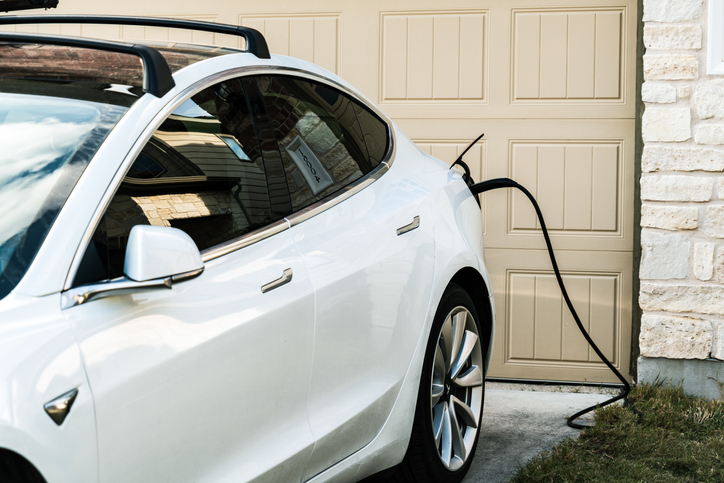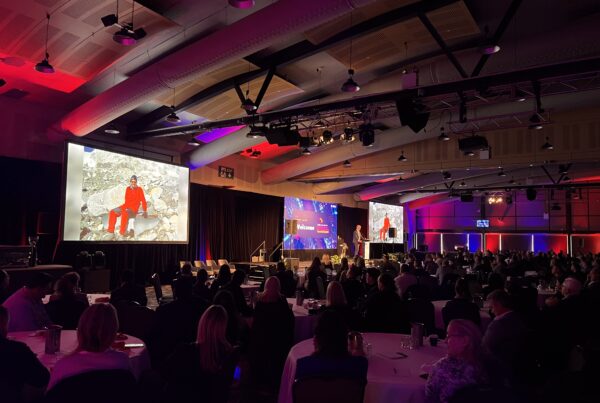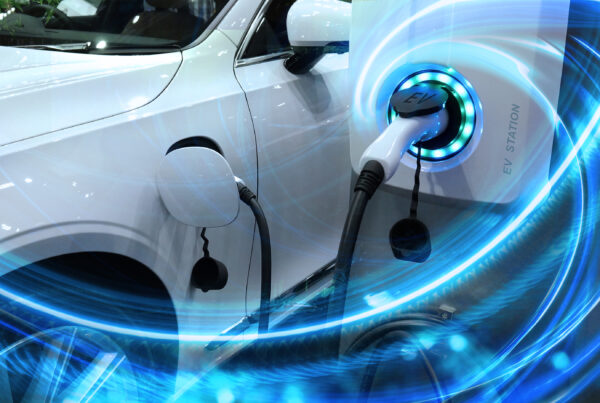A new report by the Electric Vehicle Council reveals that most Australians with electric vehicles (EVs) are charging during off-peak times. This means EVs will likely only add 1 percent to peak energy demand by 2030. In line with this, the EVC is encouraging policy makers to focus on encouraging this behaviour rather than making rules that could hinder EV adoption.
Current Impact of Charging Behaviours
A survey 1,506 EV owners showed that 1,406 of them could charge their cars at home. About 49 per cent of these owners wanted to control their own charging to save money by using off-peak times and solar energy.
Meanwhile, 40 per cent were okay with letting third parties manage their charging for lower costs. Only 11 per cent chose to pay regular rates and charge whenever they wanted.
These results suggest that there is a big market for companies that offer clear management solutions for EV charging.
The survey also found that 67 percent of respondents had not updated their home electrical systems to support EV charging. Additionally, more than half of EV owners used regular power points instead of special EV chargers.
As more renters become EV owners, this situation may continue because of the split between what landlords and tenants can do, which is similar to the challenges with rooftop solar energy.
Improving TOU Retail Offers
The report highlighted problems with Time of Use (TOU) pricing across Australia. In regional Queensland, for example, the peak rates from Ergon Energy Retail exceed 50c/kWh, making it unappealing for many consumers, even those with smart meters. Similarly, the Synergy Midday Saver Plan in Western Australia has a peak rate of 52.5c/kWh, discouraging almost 90 per cent of EV drivers from using it.
The EVC believes that “well-designed retail offers can work even without competition among retailers.” However, in areas with few retail options, state governments must provide effective TOU plans. The EVC identified competitive TOU tariffs available in other regions:
- AGL Night Saver EV Plan: Offers off-peak rates around 8c/kWh from midnight to 6 am.
- Powershop EV Plans: Provides low prices (~10c/kWh) at night or free energy from midday to 2 pm.
- Origin EV Power Up: Uses Tesla’s interface for charging at 8c/kWh.
- Engie EV Nightsaver: Charges at 6c/kWh from midnight to 6 am.
- OVO Energy EV Plan: Features competitive peak rates, an 8c/kWh night-time rate, and free energy from 11 am to 2 pm.
These tariffs encourage users to charge their cars during off-peak hours, reducing stress on the energy grid.
Supporting Vehicle-to-Grid (V2G) Technologies
The EVC also supports developing retail offers for Vehicle-to-Grid (V2G) technologies, which allow EV owners to help meet peak energy demands. Current initiatives like the WA distributed energy buyback scheme (DEBS) are great examples. They offer 2.25c/kWh for exports between 9 am and 3 pm and 10c/kWh from 3 pm to 9 pm.
The report has also raised regulatory concerns, especially in Queensland. Here, new rules allow Energy Queensland to control EV chargers without consumer consent remotely. The EVC warns that these regulations could harm consumer trust in EVs, as they limit choice.
In contrast, South Australia has set minimum product requirements for EV chargers, promoting consumer choice while enabling demand response capabilities.
Need for Education and Infrastructure Development
The EVC also emphasises the importance of harmonising Service and Installation Rules (SIRs) nationwide. This would allow the installation of higher capacity chargers, enabling users to charge their vehicles more effectively and reducing peak demand.
Moreover, the report calls for better education about maximum demand requirements and the need for EV chargers that meet future standards. Developing educational resources for electrical contractors, designers, and regulators is vital to ensure best practices in charging.
While it is apparent that consumer behaviour can help manage peak demand challenges in the coming years, smart regulatory measures, competitive TOU pricing, and improved consumer education is needed. The EVC says the energy grid can stay strong and efficient by creating a supportive environment for EV adoption.
Did you find this article interesting? Click the ‘heart’ button above to give it a ‘like’!



















